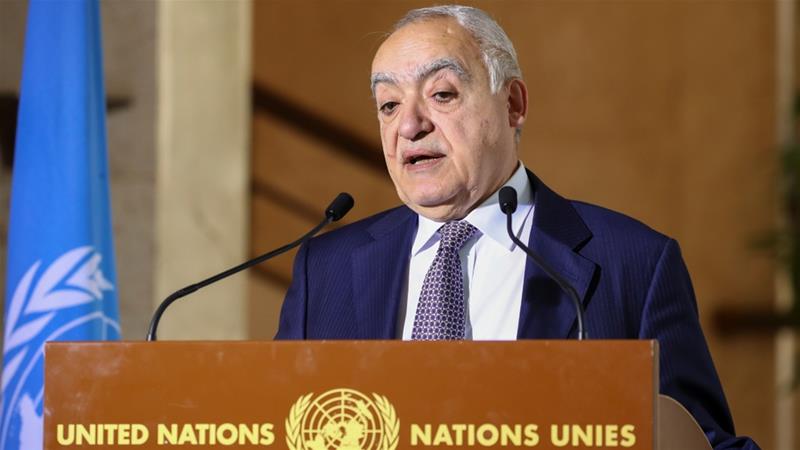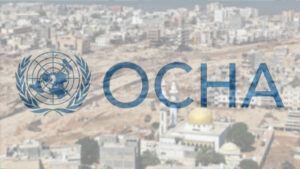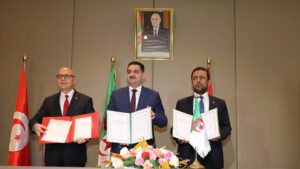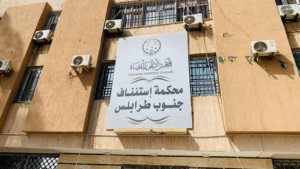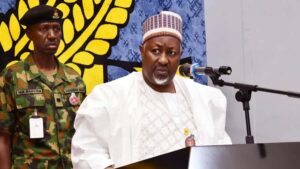The UN envoy to Libya Ghassan Salame, who is leading talks in Geneva to secure an end to fighting in Libya, said on Tuesday that high-ranking officials from both sides of the conflict in the country have agreed on the need for a “permanent and lasting” ceasefire to replace an uncertain truce, which has been violated so many times by Khalifa Haftar’s militias.
Salame said in a presser in Geneva that the talks were meant to listen carefully to the position of the two sides on what the conditions are for them to accept this translation of the truce into a permanent and lasting ceasefire.
5+5 Commission Convenes
The parties, known as the 5+5 Libyan Joint Military Commission, are meeting after months of conflict in the suburbs of Tripoli between the UN-recognized Government of National Accord (or GNA) and Haftar’s militias, who attacked the capital in April 2019 while the UN Secretary General was in town.
The chance of the situation deteriorating further persists, Salame warned, despite a call for a truce in early January by Russian and Turkish Presidents Vladmir Putin and Recep Tayyip Erdogan.
Arms Embargo Still Broken
The UN envoy indicated that although the truce had been accepted by both sides in Libya, at the same time, an international arms embargo was being broken “incessantly” since 2011, with evidence of increasing foreign interference.
“We have new evidence of new equipment but also new fighters – non-Libyan fighters. Therefore, we believe that the arms embargo is being violated by both parties.” Salame added.
He added that the talks in Geneva are after all the first time, since a very long time, high-ranking officers of the two sides meet.
“In fact, I think it’s the very first time ever. So don’t expect from one meeting yesterday afternoon, to settle all these issues.” Salame remarked, saying EU monitoring initiative will ‘certainly’ be discussed.
Over 20 Million Weapons in Libya
The UN envoy indicated that he hoped that within these few days, the Security Council would come to its first resolution that reaffirms the need to collect weapons and start disarming efforts in Libya.
“I also hope that those who are exporting these arms understand that there is already more than 20 million pieces of ordnance in the country, and that this is enough, and the country doesn’t need new equipment.” Salame reiterated.
He also explained that despite enormous oil wealth, conflict and a blockade of key ports in eastern Libya have reduced Libyan oil production to around 72,000 barrels a day, down from 1.3 million.
Salame rendered the situation as unsustainable, saying he would be grateful if some of the largest countries in the world, which have been helping UN in solving previous crises in oil production and exports, do the same for this particular crisis in Libya.

